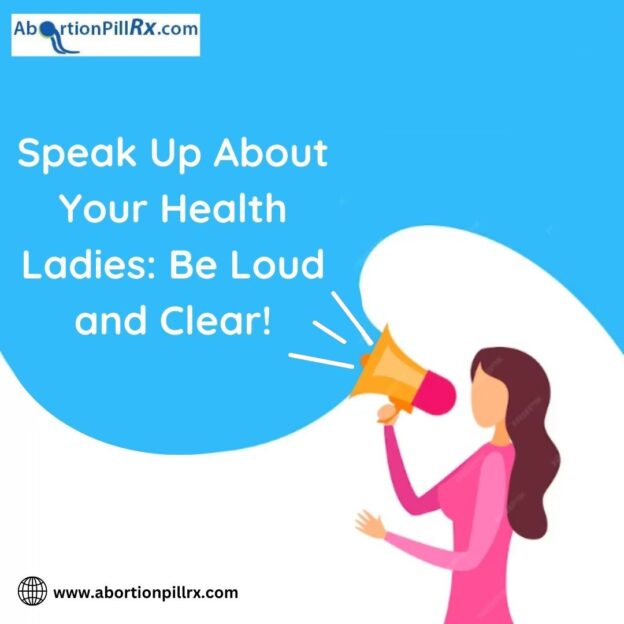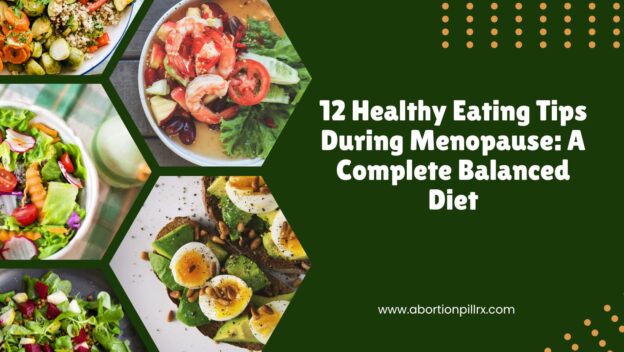Healthcare and women must always go hand in hand. The reproductive and sexual health of a woman must be given the utmost importance on a global level. Proper healthcare facilities and resources must be provided in urban as well as rural areas.
Women have been quiet for a long time now. It’s now time they speak up for themselves. A woman has every right to have personal opinions and the right to decide her menstrual, and reproductive and sexual health.
These topics must be openly discussed by everyone. Back in the day, it was taboo to even speak about menstruation or any other health issue related to reproductive and sexual health. But now things have changed, people are talking about it in the open. Awareness campaigns are being raised for women’s health and even about abortion.
Reproductive and Sexual Health
Every woman must speak about the health issues they are facing. Society should know what we women are going through. Especially if it’s about your reproductive and sexual health.
The most common issue every one out of five women goes through is PCOS (Polycystic Ovary Syndrome). Endometriosis, fibroids, infertility, menopause, and the most important decision of abortion. Let’s discuss these topics in detail, and you will know if you are going through one of these.
- PCOS (Polycystic Ovary Syndrome): PCOS is a hormonal disorder, nowadays too common in women. It enlarges the ovaries with small cysts on the outer edges of the ovaries.
- Symptoms of PCOS: Excessive hair on the body, irregular periods, diabetes, weight gain, and infertility.
- Treatment for PCOS: Consult your doctor before anything, he/she will provide you with medicines like birth control pills for regular periods, anti-diabetic pills to control insulin, and some statins to regulate hormones and boost fertility. You can also self-treat it at home by doing regular physical exercise to lose weight and improve your cardiovascular health.
- Endometriosis: Endometriosis is when a lining similar to the uterus lining grows outside the uterus, it causes severe pelvic pain. This disease has no cure as of now. You can only take medicine to overcome the pain. There’s no known cause of why endometriosis happens. This can start from your first menstrual period till the menopause. It creates difficulty in getting pregnant.
- Symptoms of Endometriosis: Pain in the lower areas (back, abdomen, vagina, pelvis) of your body, irregular menstruation, Constipation, nausea, and infertility.
- Treatments for Endometriosis: Oral contraceptives (progesterone and estrogen) to control hormones. Surgery like Electrosurgery and Laparoscopic surgery is usually suggested. As such there’s no cure to endometriosis, but surgeries can work in the removal of the tissues.
- Fibroids: A muscular tumor is grown inside the uterus, though is not cancerous, it can lead to severe pelvic pain or abnormal bleeding. There can be one single tumor or more. If not treated properly it could lead to Anemia (loss of red blood cells).
- Symptoms of Fibroids: Back pain, heavy menstrual bleeding, continuous urge to pee, and pain during sex.
- Treatment for Fibroids: There are medications to control the growth of fibroids or direct removal of fibroids is suggested. Sometimes hysterectomy (removal of the womb) is suggested only if a woman doesn’t want children.
- Infertility: Infertility is when there’s less possibility of you getting pregnant either due to the female or male reproductive system.
- Symptoms of Infertility: The main symptom is issues in getting pregnant. There are no other symptoms.
- Treatments for Infertility: Treatments like hormonal tablets, fertility drugs, or surgery can help with infertility. There are several other advanced medical procedures like IVF, Ovulation Induction, and Artificial Insemination.
- Menopause: Menopause is the end of women’s menstrual cycle. If for a year you don’t menstruate then it means that menopause has started. It is a natural biological process. This usually happens to women in their mid-40s and 50s.
- Symptoms of Menopause: Vaginal dryness, Hot flashes, Disturbance in sleep, sometimes can cause anxiety and depression.
- Treatments for Menopause: Menopause is a natural process, you can’t change it. But if you’re going through any symptoms, it can be treated through medications or can be treated at home by medications, deep breathing, and other physical activities (exercise, yoga) to overcome the symptoms.
If any of you women out there are suffering from these diseases or natural processes, speak out. Talk to your loved ones, your family, friends or colleagues. Book an appointment with your doctor and tell him everything, he will be able to tell you the root cause of a certain disease with solid treatments to overcome them.
Is Abortion the Right Decision?
Abortion is a very personal choice and every woman has the right to make reproductive choices relating to her body and health. Healthcare and women are two things that should always go together. And talking about abortion, it should solely be a woman’s decision on whether she wants a child or not.
Several things can lead a woman to make this decision like life threat during birth, fetal abnormality, or just the gut feeling that you don’t want to give birth. Abortion is legal in many states, while some states have banned it or put restrictions on it.
In the USA, women usually prefer to go for a medical abortion, a process to terminate a pregnancy with the help of abortion pills. Abortion pills like cytolog, mifepristone and misoprostol, or an MTP kit can help with the abortion. They are highly effective and safe to use at your home itself.
Conclusion
Choose the path of abortion if that’s what you want. Tell your sufferings to the people you trust, family, friends, and colleagues. Consult with a doctor if medical attention is needed.
There’s no need to feel embarrassed about what you are going through. Speak for yourself, be very loud and clear.



